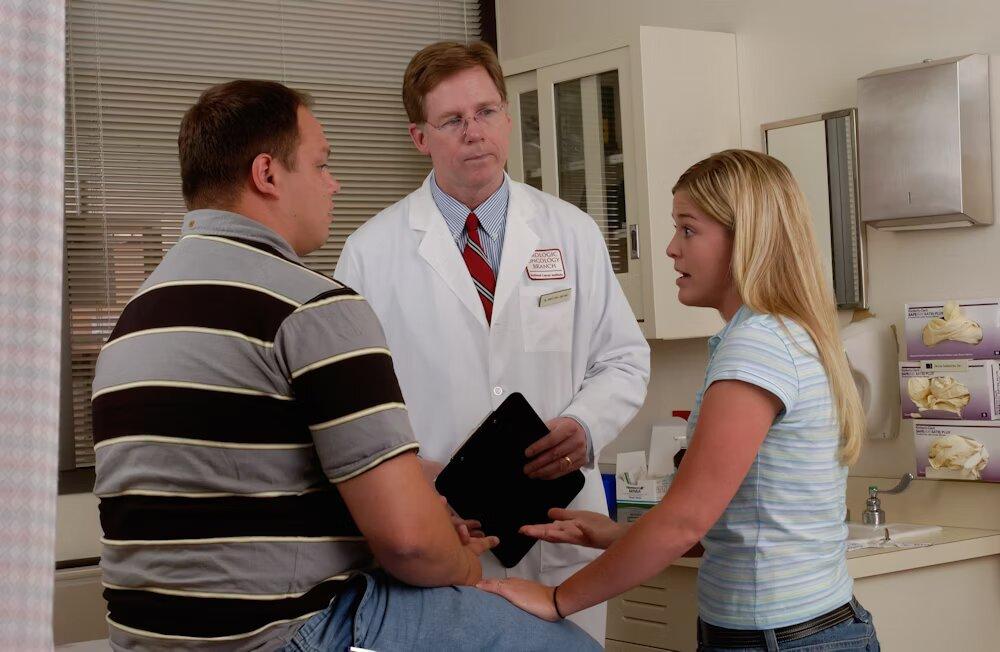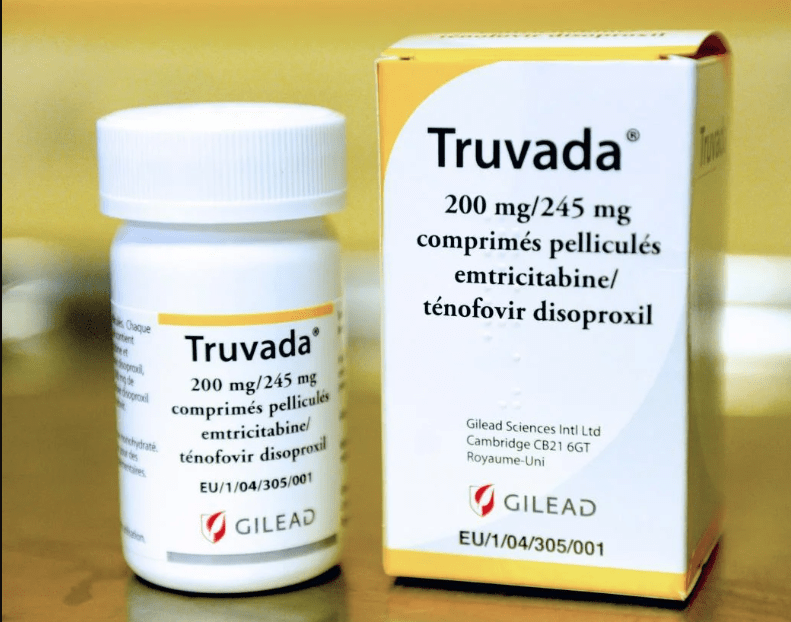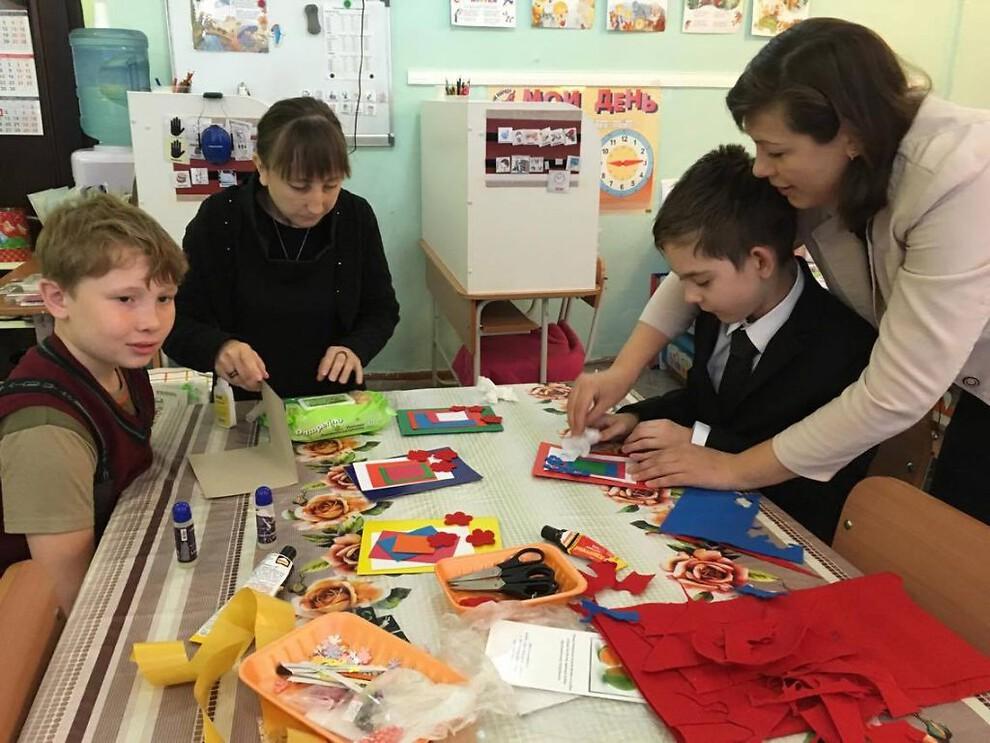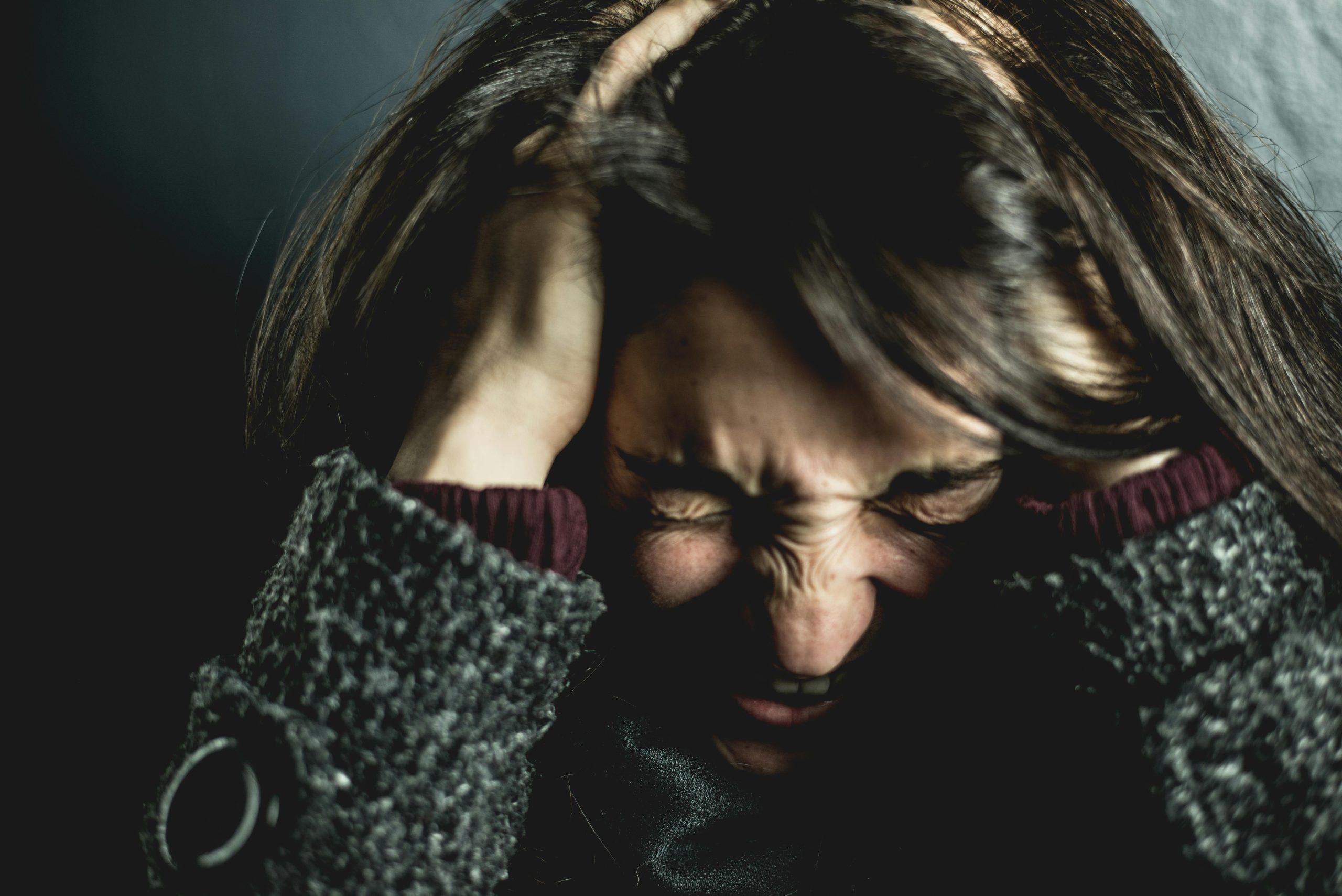Do people stay together after couples therapy?
Relationships require constant work to stay healthy and fulfilling. When conflicts arise or communication breaks down, many couples seek outside help through marriage and couples counseling. Attending therapy together takes courage and commitment. But does it actually help couples salvage their relationships? Here’s a look at the effectiveness of couples therapy and what impacts whether couples stay together after attending sessions.
What happens in couples therapy
The focus and format of couples therapy varies based on a couple’s specific situations and goals. But some common things occur in most approaches.
Trained therapists help identify core issues causing relationship problems. These may include poor communication, lack of intimacy, conflicts over finances, challenges with blending families after remarriage, or even substance abuse problems.
Through sessions together and sometimes individually, the therapist helps shine a light on dysfunctional patterns causing breakdowns. They offer perspective on behaviors each partner may unintentionally engage in that hurts the other.
The therapist equips the couple with skills and strategies to communicate clearly, avoid assumptions, resolve conflicts in constructive ways, nurture intimacy, and relate in healthier patterns. They essentially teach partners how to reset their relationship and interact in more positive ways.
Exercises between sessions encourage couples to practice applying their new relational skills. The idea is that they will continue using these tools long-term, even after ending counseling.
Do couples stay together after therapy?
Research varies on exact statistics due to differences in study methods. But overall, evidence suggests marriage and couples counseling positively impact relationships when both partners willingly participate.
According to the American Association for Marriage and Family Therapy, about 90% of couples who attend marriage and couples counseling report improvements in their relationship. And about 75% of couples say they overcame their chief complaints through the counseling process.
However, some couples still split up after seeking help through counseling. Factors like ongoing substance abuse issues, domestic violence, terminal illness, or partners unwilling to apply learnings can derail progress.
Key Factors Impacting Couples Therapy Success
Research points to several key factors that improve the likelihood couples will stick together after couples therapy, including:
- Seeking help earlier: Couples who attend therapy sooner when facing issues have higher success rates than those who wait until severe problems pile up. The sooner both people commit to working through problems, the better chance counseling has of getting the relationship back on track.
- Willing participation from both partners: Progress requires effort from both people, not just one partner dragging the other to sessions. Couples therapy works best when each person voluntarily shows up willing to examine their own contributions to conflicts.
- The therapist’s competency: Of course, the skills and approach of the counselor make a difference. It helps to verify therapists’ expertise through certifications.Then ensure you and your partner feel comfortable opening up to them.
- Applying learnings: Successful couples therapy isn’t just about gaining insights during sessions. It’s crucial that couples continually practice communication strategies, conflict resolution principles, intimacy-building skills and other teachings outside of counseling. Applying learning cements new habits over time.
Can couples therapy repair broken relationships?
Every couple faces unique challenges and severity levels. But generally, marriage and couples counseling only works if both partners want the relationship to survive. When one or both people remain ambivalent about fixing the situation, sessions likely will not mend issues long-term.
Additionally, certain betrayals like emotional or physical affairs, criminal behaviors, violence, or addiction may irreparably shatter necessary trust. While counseling could foster understanding, improvement on these issues primarily depends on the offending partner before reconciliation likely occurs.
However, many couples genuinely want to reconnect but don’t know how. They love each other but lost their way in the busyness of careers, kids and life. For these relationships struggling through the inevitable speed bumps over years together, couples therapy offers hope. When both partners commit to the process in these common scenarios, they often repair intimacy, communication and partnership.
Conclusion
If you want to save a salvageable relationship, don’t let fear about the effectiveness of counseling deter you from seeking help together. Even if some topics feel awkward to discuss, push past discomfort. Progress and change require honesty, vulnerability and willingness to examine your own heart and habits. With time and intention, you just might look back grateful you took the first step toward reconciliation and growth.






